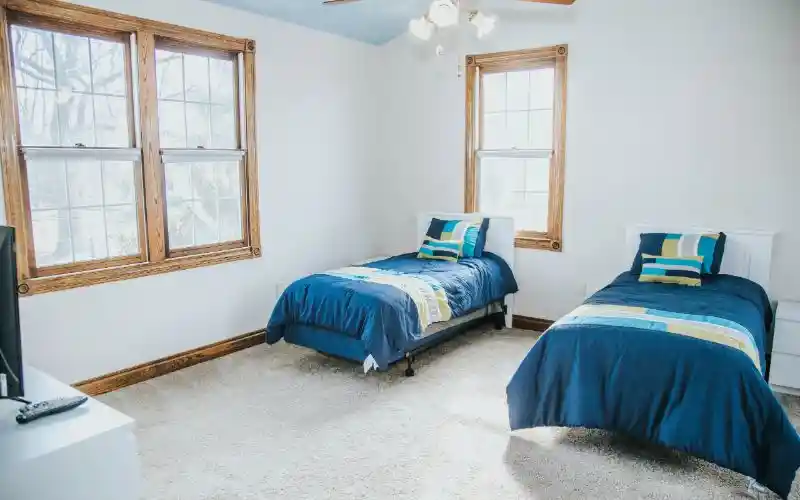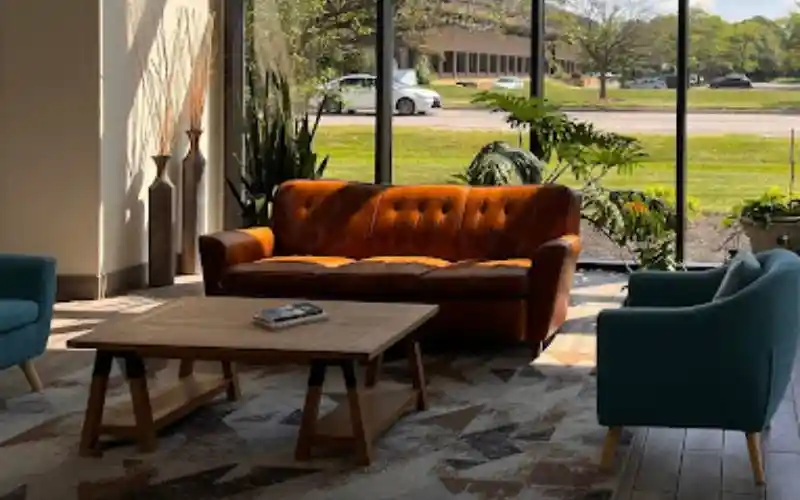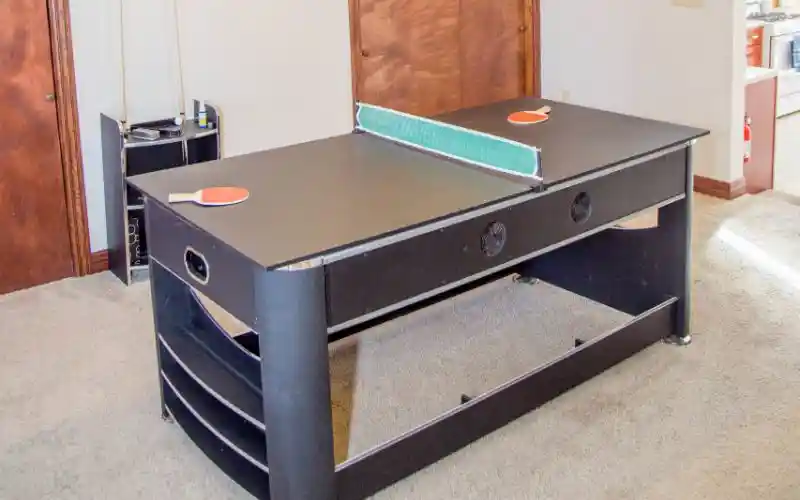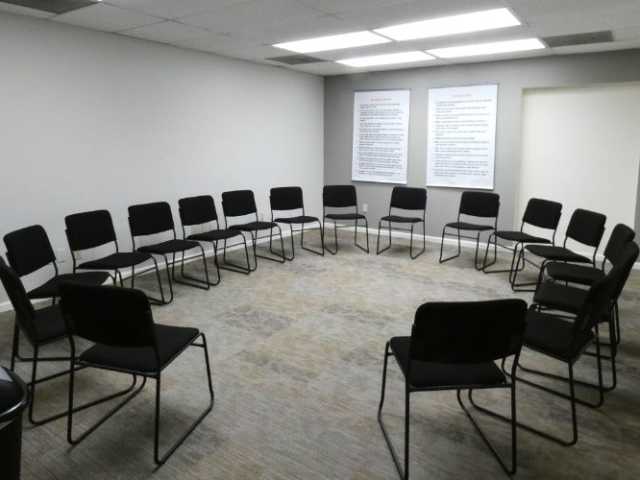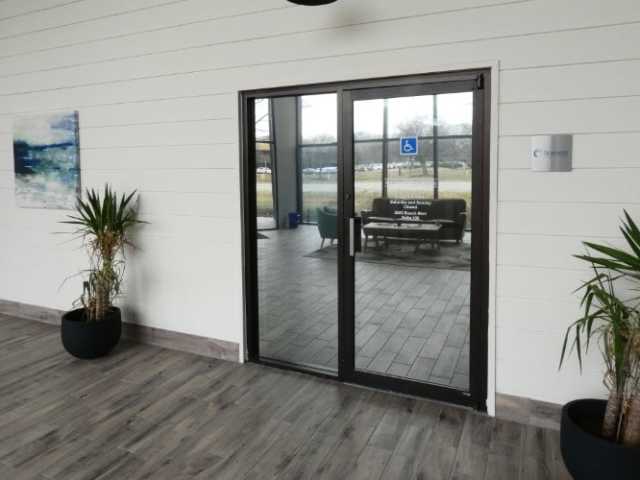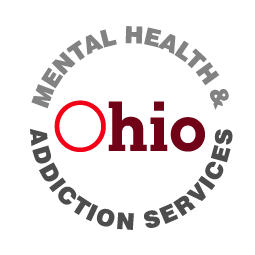Columbus, Ohio, United States
Seacrest Recovery Center Ohio
Verified
Verified
This provider’s information has been quality-checked by Recovery.com’s Research Team for accuracy and completeness, including center verification through appropriate third-party organizations.
Joint Commission Accredited
The Joint Commission accreditation is a voluntary, objective process that evaluates and accredits healthcare organizations (like treatment centers) based on performance standards designed to improve quality and safety for patients. To be accredited means the treatment center has been found to meet the Commission's standards for quality and safety in patient care.
Provider's Policy
We offer a variety of coverage options and limitations to review and understand. Please contact our admissions team so we can help you sort out just what your policy covers and what your options are. We are to here to help, and we look forward to your call.
Estimated Cash Pay Rate
The cost listed here ($20,000 ) is an estimate of the cash pay price. Center pricing can vary based on program and length of stay. Contact the center for more information. Recovery.com strives for price transparency so you can make an informed decision.
About Seacrest Recovery Center Ohio
Seacrest Recovery Center Ohio provides outpatient treatment for addiction and mental health conditions. They guide clients through a personalized 3-Phase program for a comprehensive outpatient experience. Their levels of outpatient care include a partial care program (PCP), an intensive outpatient program (IOP), and an outpatient program (OP), plus an outpatient mental health program with sober living available nearby. Seacrest Recovery Center Ohio additionally offers residential homes for clients to stay in during treatment.
3-Phase Recovery
Seacrest Recovery Center Ohio offers treatment in a 3-Phase program, with an initial assessment determining which phase clients start in. Each Phase has weekly 1:1 therapy sessions. Phases 1 and 2 require 3 drug tests each week and a breathalyzer test, all done randomly.
•In Phase 1, or the stabilization phase, clients attend a PCP for 5 hours a day, 5 days a week, and begin building a resume with their case manager.
•Next, clients move down into IOP, or Phase 2. IOP lasts 6-10 weeks, with treatment held for 3 hours a day, 3-5 days a week. Clients learn vocational skills and typically have and maintain a job.
•In Phase 3, clients graduate into outpatient care. They attend 2 groups a week and must have a sponsor, and be helping others new to recovery.
Evidence-Based And Comprehensive
Seacrest Recovery Center Ohio provides addiction and mental health treatment with a staff of therapists, nurses, and a medical director. Their therapists invite clients to 1:1 therapy sessions and group therapy to learn with their peers. Seacrest Recovery Center Ohio uses cognitive behavioral therapy (CBT), solution-focused and strengths-based therapy, and dialectical behavioral therapy. They help clients manage anger with CBT and teach relapse prevention skills and communication strategies for life outside treatment.
A Supportive Recovery Community
Clients at Seacrest Recovery Center Ohio can enjoy a supportive sober community and convenient treatment options, including homes to live in during treatment. Seacrest Recovery Center Ohio offers outpatient and continued aftercare to support clients as they transition back into daily life. Their facility has indoor community spaces and private rooms for therapy, with a focus on comfort and serenity.
Below, see Jelly Roll, American singer and 3-time CMT award-winner, serenade clients at Seacrest Ohio. Jelly Roll spoke to the clients about his journey with recovery, offering encouragement and a real-time look at a life of sobriety.
Read More

Insurance Accepted
Provider's Policy:We offer a variety of coverage options and limitations to review and understand. Please contact our admissions team so we can help you sort out just what your policy covers and what your options are. We are to here to help, and we look forward to your call.
Multiple Levels of Care
Seacrest Recovery Center Ohio provides a step-down care program, helping clients ease back into life outside treatment. Their programs include residential homes to stay in during treatment, a partial care program, IOP, sober living, and outpatient treatment. Clients gain more and more independence as they work through the 3 Phases. Seacrest Recovery Center Ohio offers a primary mental health program for clients without a substance use disorder.
Learn Vocational And Life Skills
Seacrest Recovery Center Ohio teaches important life skills during treatment. They help clients build a resume, find work they like, and maintain their jobs during and after treatment. Seacrest Recovery Center Ohio also teaches clients communication skills and helps clients understand relapse, triggers, and healthy boundaries.
Sober Living Opportunities
Seacrest Recovery Center Ohio has a sober living home for men and women in recovery. Their sober living home provides a safe, structured place to begin and maintain sobriety with independence and community. Clients can live in sober living as they attend partial care, intensive outpatient, and outpatient treatment at Seacrest Recovery Center Ohio.
Mental Health Program
Seacrest Recovery Center Ohio offers a stand-alone mental health program, along with dual-diagnosis treatment. In their mental health program, they can help clients heal from anxiety, depression, trauma, LGBTQ+ issues, loss and grief, and disordered eating. They provide an initial psychiatric assessment, family and couples counseling, and AIDS counseling. Clients attend treatment for 1-3 days a week.

Center Overview
Estimated Cash Pay Rate

Treatment Focus
You can admit to this center with a primary substance use disorder or a primary mental health condition. You'll receive support each step of the way and individualized care catered to your unique situation and diagnosis.

Care Options








Treatment
Specializations
Day Treatment
In a PHP, patients live at home but follow an intensive schedule of treatment. Most programs require you to be on-site for about 40 hours per week.
Alcohol
Using alcohol as a coping mechanism, or drinking excessively throughout the week, signals an alcohol use disorder.
Drug Addiction
Drug addiction is the excessive and repetitive use of substances, despite harmful consequences to a person's life, health, and relationships.
Approaches
Evidence-Based
A combination of scientifically rooted therapies and treatments make up evidence-based care, defined by their measured and proven results.
Holistic
A non-medicinal, wellness-focused approach that aims to align the mind, body, and spirit for deep and lasting healing.
Individual Treatment
Individual care meets the needs of each patient, using personalized treatment to provide them the most relevant care and greatest chance of success.
Twelve Step
Incorporating spirituality, community, and responsibility, 12-Step philosophies prioritize the guidance of a Higher Power and a continuation of 12-Step practices.
Therapies
1-on-1 Counseling
Patient and therapist meet 1-on-1 to work through difficult emotions and behavioral challenges in a personal, private setting.
Art Therapy
Visual art invites patients to examine the emotions within their work, focusing on the process of creativity and its gentle therapeutic power.
Expressive Arts
Creative processes like art, writing, or dance use inner creative desires to help boost confidence, emotional growth, and initiate change.
Family Therapy
Family therapy addresses group dynamics within a family system, with a focus on improving communication and interrupting unhealthy relationship patterns.
Life Skills
Teaching life skills like cooking, cleaning, clear communication, and even basic math provides a strong foundation for continued recovery.
Spiritual Care
Tending to spiritual health helps treatment become more effective, allowing patients to better cope with their emotions and rebuild their spiritual wellbeing.
Twelve Step Facilitation
12-Step groups offer a framework for addiction recovery. Members commit to a higher power, recognize their issues, and support each other in the healing process.
Conditions We Treat
Anger
Although anger itself isn't a disorder, it can get out of hand. If this feeling interferes with your relationships and daily functioning, treatment can help.
Anxiety
Anxiety is a common mental health condition that can include excessive worry, panic attacks, physical tension, and increased blood pressure.
Codependency
Codependency is a pattern of emotional dependence and controlling behavior. It's most common among people with addicted loved ones.
Depression
Symptoms of depression may include fatigue, a sense of numbness, and loss of interest in activities. This condition can range from mild to severe.
Post Traumatic Stress Disorder
PTSD is a long-term mental health issue caused by a disturbing event or events. Symptoms include anxiety, dissociation, flashbacks, and intrusive thoughts.
Stress
Stress is a natural reaction to challenges, and it can even help you adapt. However, chronic stress can cause physical and mental health issues.
Trauma
Some traumatic events are so disturbing that they cause long-term mental health problems. Those ongoing issues can also be referred to as "trauma."
Substances We Treat
Alcohol
Using alcohol as a coping mechanism, or drinking excessively throughout the week, signals an alcohol use disorder.
Benzodiazepines
Benzodiazepines are prescribed to treat anxiety and sleep issues. They are highly habit forming, and their abuse can cause mood changes and poor judgement.
Co-Occurring Disorders
A person with multiple mental health diagnoses, such as addiction and depression, has co-occurring disorders also called dual diagnosis.
Cocaine
Cocaine is a stimulant with euphoric effects. Agitation, muscle ticks, psychosis, and heart issues are common symptoms of cocaine abuse.
Drug Addiction
Drug addiction is the excessive and repetitive use of substances, despite harmful consequences to a person's life, health, and relationships.
Heroin
Heroin is a highly addictive and illegal opioid. It can cause insomnia, collapsed veins, heart issues, and additional mental health issues.
Methamphetamine
Methamphetamine, or meth, increases energy, agitation, and paranoia. Long-term use can result in severe physical and mental health issues.
Opioids
Opioids produce pain-relief and euphoria, which can lead to addiction. This class of drugs includes prescribed medication and the illegal drug heroin.
Prescription Drugs
It's possible to abuse any drug, even prescribed ones. If you crave a medication, or regularly take it more than directed, you may have an addiction.
Aftercare
Experience
Personal Amenities
Amenities
Activities
Professional Staff
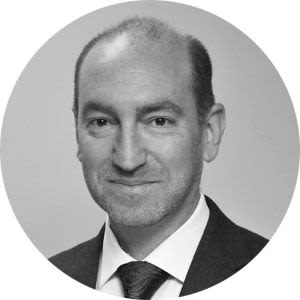
Dr. Richard Nockowitz
Medical Director
MD

James Henry
Medical Director
LICDC-CS

Michael Hodge
Nurse Practitioner
CPN

Eric Swayne
Counselor
CDCA II
View More Team Members
Accommodations
Food & Nutrition
Treatment
Value
David S
Anonymous
We love hearing about your treatment experience
Help individuals and families seeking treatment by sharing your first-hand experience with this treatment provider. Review Guidelines.










